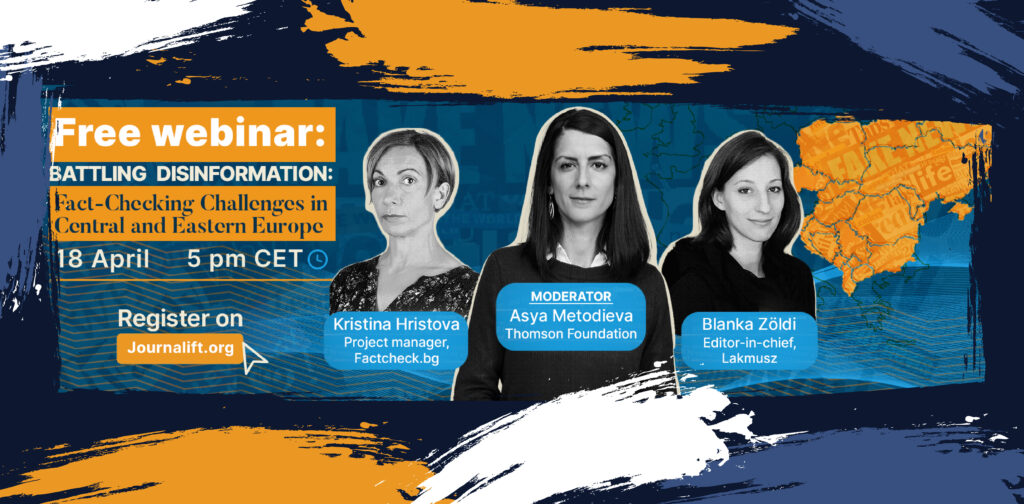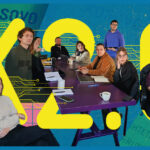I asked ChatGPT to write this article for me. Of course I did. I asked and reformulated questions to get a better answer. Parts of this article are its answers.
It is important to start from the beginning and understand what ChatGPT is and how does it collect information:

It’s funny how it affects me when I am communicating with it, how I avoid writing “he” and “him” even though I think it, and how I have the need to thank it at the end. The human-like conversation simulation - achieved.
Anyhow, to go back to being human – like every new technology, ChatGPT and AI will disrupt every area of our jobs, and our private lives, starting from the way how we search for information, how we write, and how we read. It will change journalism and media business, too. And like every new technology, it brings its good and its bad sides and it is up to us to determine what is good and what is bad.

AI is creating new opportunities for journalists to innovate and improve their craft. The tools like natural language processing and machine learning can help journalists to analyse large datasets and extract insights more quickly and accurately, leading to more nuanced and informed reporting - think sports game recaps – and the possibility of freeing up time for more thorough, personal, and expert opinion pieces. Or analysis of a TV debate (New York Magazine contributor Ben Jacobs tested it already).
People will always use technologies in ways that their creators did not intend - think of deepfake videos. We think we can see the difference between a real video and a deepfake now, but the technology is progressing very fast. The ways we can manipulate or get manipulated by the news, and especially videos, are becoming more creative and more technologically advanced. Let’s hope the tools which recognise a deepfake and AI fact-checkers will develop simultaneously. What is already a problem with fact-checking though is that two opposing opinions exist on every subject in our lives. We turn more to those media that we trust, and we get even more biased, and stuck in our bubbles. This is already the case, but it can only get worse. Bias news and polarisation do not seem like something that can be solved by AI.
What about job loss?

As more and more people ask themselves if their jobs will be replaced by AI, Daily Mirror already announced that they will use ChatGPT for writing local news. Additionally, will ChatGPT and AI have an influence on the already ongoing decline of local news (since online news disrupted the media business)? Or have the remaining local news, however, shown a certain level of resilience, with a clear sense of mission, editorial vision and a better understanding of their audience? Local news could be a blind spot for ChatGPT and maybe local media can find their way to survive and thrive. The truth is that AI will take over some jobs, but as with every new technology it takes over basic jobs - beginners’ jobs. Those who didn’t adjust, and who didn’t learn how to use AI will have difficulties. The type of journalism that will survive AI are good opinion pieces, good style, human touch, sarcasm, and jokes.
In whichever way ChatGPT influences journalism and media, the changes come from different sides, not just from how we do our job.
It will affect the way people search – what we say now “let me google it” will certainly change. Google already (in the last 7 years) gives a direct answer without taking us to a website where the information originates. Will we as of next year refer to Bing or Google to get a complete answer, without clicking on 10 links to gather as much information as possible? What does that mean for our websites? SEO (Search Engine Optimization) is on the brink of something nobody can yet predict how will look like – this affects keywords we use in our articles, photos, and even website structure. Will websites become obsolete, and are they only going to be a source of information AI will use to gather information?
These and many other questions come to mind, but for now let’s try to learn and use it as much as we can. I am a big believer in the human mind and creativity. After all, we survived social media.































